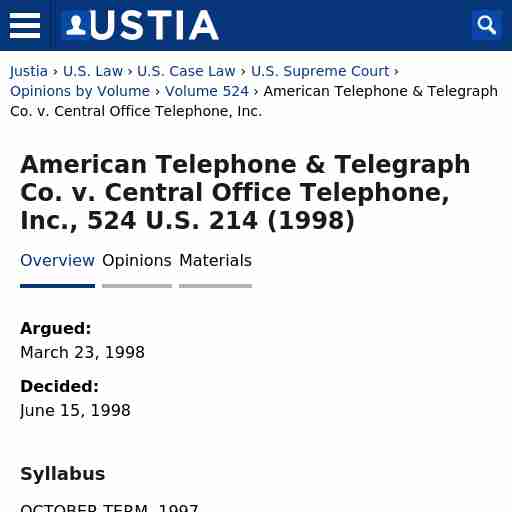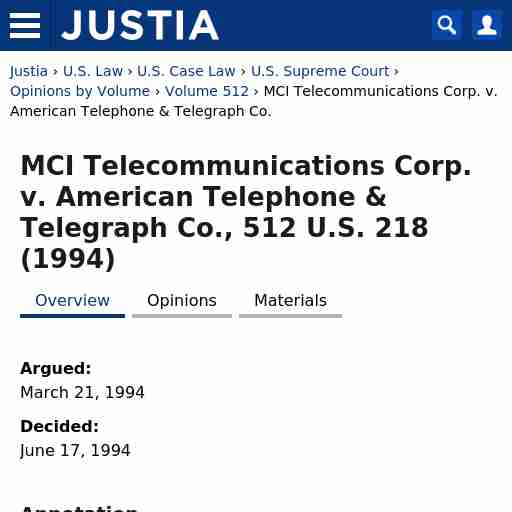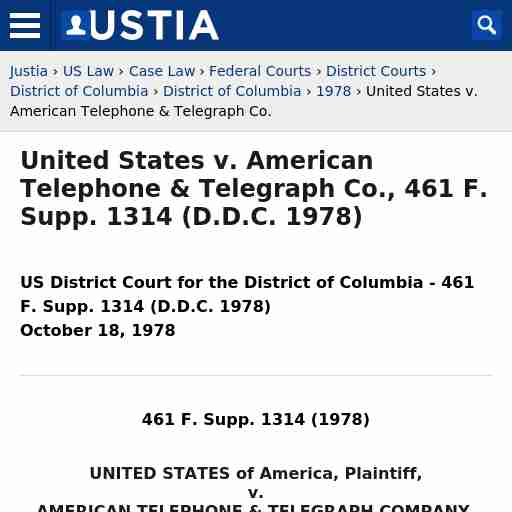When it comes to the history of telecommunications, one company that has played a pivotal role is American Phone & Telegraph Co. Founded in 1885, this company has been at the forefront of communication technology for over a century.
At the time of its founding, American Phone & Telegraph Co was a subsidiary of the Bell Telephone Company. Its primary focus was on providing long-distance telephone service throughout the United States.
In 1899, American Phone & Telegraph Co became an independent entity and began expanding its operations. It introduced new services such as telegraphy, wireless communication, and even air-to-ground communication for airplanes.
American Phone & Telegraph Co continued to innovate and introduce new technologies throughout the 20th century. In 1927, it introduced transatlantic telephone service between New York and London. This was followed by the introduction of microwave radio relay systems in 1947 which allowed for faster and more reliable long-distance communication.
In the 1960s, American Phone & Telegraph Co began developing computer systems for data processing and storage. This led to the creation of one of the world's first commercial mainframe computers - the IBM System/360.
Despite its many achievements, American Phone & Telegraph Co faced antitrust lawsuits in the 1970s due to its monopoly over telecommunications in the United States. In 1984, it was forced to divest itself of its local telephone companies which became known as "Baby Bells".
Today, American Phone & Telegraph Co is simply known as AT&T. It remains one of the largest telecommunications companies in the world with operations in over 200 countries. Its services include wireless communication, broadband internet, television services, and much more.
American Phone & Telegraph Co may have started out as a small subsidiary but it quickly grew into a pioneering force within telecommunications. Its innovations continue to shape our modern world today through its successor company - AT&T.
---

The jury found for respondent and awarded damages. The Ninth Circuit affirmed the judgment, but reversed the Magistrate Judge's failure to instruct on punitive ... Justia › U.S. Law › U.S. Case Law › U.S. Supreme Court › Opinions by Volume › Volume 524 › American Telephone & Telegraph Co. v. Central Office Telephone, Inc. American Telephone & Telegraph Co. v. Central Office Telephone, Inc., 524 U.S. 214 (1998) AMERICAN TELEPHONE & TELEGRAPH CO. v. CERTIORARI TO THE UNITED STATES COURT OF APPEALS FOR THE NINTH CIRCUIT No. 97-679. Argued March 23, 1998-Decided June 15, 1998 Respondent purchases "bulk" communications services from long-distance providers, such as petitioner AT&T, and resells them to its customers. Petitioner, as a common carrier under the Communications Act of 1934, must file with the Federal Communications Commission (FCC) "tariffs" containing all its "charges" for interstate services and all "classifications, practices, and regulations affecting such charges," 47 U. S. C. § 203(a). A carrier may not "extend to any person any privileges or facilities in such communication, or employ or enforce any classifications, regulations, or practices affecting such charges, except as specified in such [tariff]." § 203(c). The FCC requires carriers to sell longdistance services to resellers under the same rates, terms, and conditions as apply to other customers. In 1989, petitioner agreed to sell respondent a long-distance service, which, under the parties' written subscription agreements, would be governed by the rates, terms, and conditions in the appropriate AT&T tariffs. Respondent soon experienced problems with the service it received, and withdrew from the contract before the expiration date. Meanwhile, it had sued petitioner in Federal District Court, asserting, inter alia, state-law claims for breach of contract and for tortious interference with contractual relations (viz., respondent's contracts with its customers), the latter claim derivative of the former. Respondent alleged that petitioner had promised and failed to deliver various service, provisioning, and billing options in addition to those set forth in the tariff, and that petitioner's conduct was willful, so that consequential damages were available under the tariff. The Magistrate Judge rejected petitioner's argument that the claims were pre-empted by § 203's filed-tariff requirements; he declined, however, to instruct on punitive damages for the tortiousinterference claim. The jury found for respondent and awarded damages. The Ninth Circuit affirmed the judgment, but reversed the Magistrate Judge's failure to instruct on punitive damages and remanded for a trial on that aspect of the case.
---

MCI Telecommunications Corp. v. American Telephone & Telegraph Co.: Federal Communications Commission's decision to make tariff filing optional for all ... Justia › U.S. Law › U.S. Case Law › U.S. Supreme Court › Opinions by Volume › Volume 512 › MCI Telecommunications Corp. v. American Telephone & Telegraph Co. MCI Telecommunications Corp. v. American Telephone & Telegraph Co., 512 U.S. 218 (1994) Federal Communications Commission's decision to make tariff filing optional for all nondominant long distance telephone carriers is not a valid exercise of its power to "modify" any requirements of 47 U. S. C. § 203. MCI TELECOMMUNICATIONS CORP. v. AMERICAN TELEPHONE & TELEGRAPH CO. CERTIORARI TO THE UNITED STATES COURT OF APPEALS FOR THE DISTRICT OF COLUMBIA CIRCUIT No. 93-356. Argued March 21, 1994-Decided June 17, 1994* Title 47 U. S. C. § 203(a) requires communications common carriers to file tariffs with the Federal Communications Commission, and § 203(b)(2) authorizes the Commission to "modify any requirement made by or under ... this section .... " Relying on the latter provision, the Commission issued an order determining that its earlier decision to make tariff filing optional for all nondominant long-distance carriers was within its authority to "modify." American Telephone and Telegraph Co., the only dominant long-distance carrier, filed a motion with the Court of Appeals seeking summary reversal of the Commission's order. The motion was granted on the basis of that court's prior decision determining that the Commission's authorization of permissive detariffing violated § 203(a). Hear Opinion Announcement - June 17, 1994

The Court issued a "Stipulation and Order Concerning Documents in the Possession, Custody, or Control of Agencies other than the Department of Justice." Justia › US Law › Case Law › Federal Courts › District Courts › District of Columbia › District of Columbia › 1978 › United States v. American Telephone & Telegraph Co. United States v. American Telephone & Telegraph Co., 461 F. Supp. 1314 (D.D.C. 1978) US District Court for the District of Columbia - 461 F. Supp. 1314 (D.D.C. 1978) UNITED STATES of America, Plaintiff, AMERICAN TELEPHONE & TELEGRAPH COMPANY, Western Electric Co., Inc., Bell Telephone Laboratories, Inc., Defendants. United States District Court, District of Columbia. On Motion for Reconsideration October 18, 1978. *1315 *1316 *1317 Kenneth C. Anderson, Washington, D. C., argued and on brief, for plaintiff; Jules M. Fried, Peter B. Kenney, Jr., U. S. Dept. of Justice, Washington, D. C., on brief. George L. Saunders, Jr., Chicago, Ill., for defendants; Harold S. Levy, Edward F. Barnicle, Jr., Leonard Joseph, New York City, George L. Saunders, Jr., Robert D. McLean, Chicago, Ill., Richard J. Flynn, Washington, D. C., on brief; F. Mark Garlinghouse, George V. Cook, New York City, William L. Keefauver, Dewey, Ballantine, Bushby, Palmer & Wood, New York City, Sidley & Austin, Chicago, Ill., of counsel. Randolph May, for Federal Communications Commission as amicus curiae; Robert R. Bruce, John E. Ingle, Lawrence S. Schaffner, Charles L. Spencer, Federal Communications Commission, Washington, D. C., on brief. HAROLD H. GREENE, District Judge. The motions before the Court address the Court's jurisdiction and they raise fundamental issues concerning the discovery that should govern the future path of this antitrust litigation. A recapitulation of the history of this case will be helpful to an understanding of these issues.